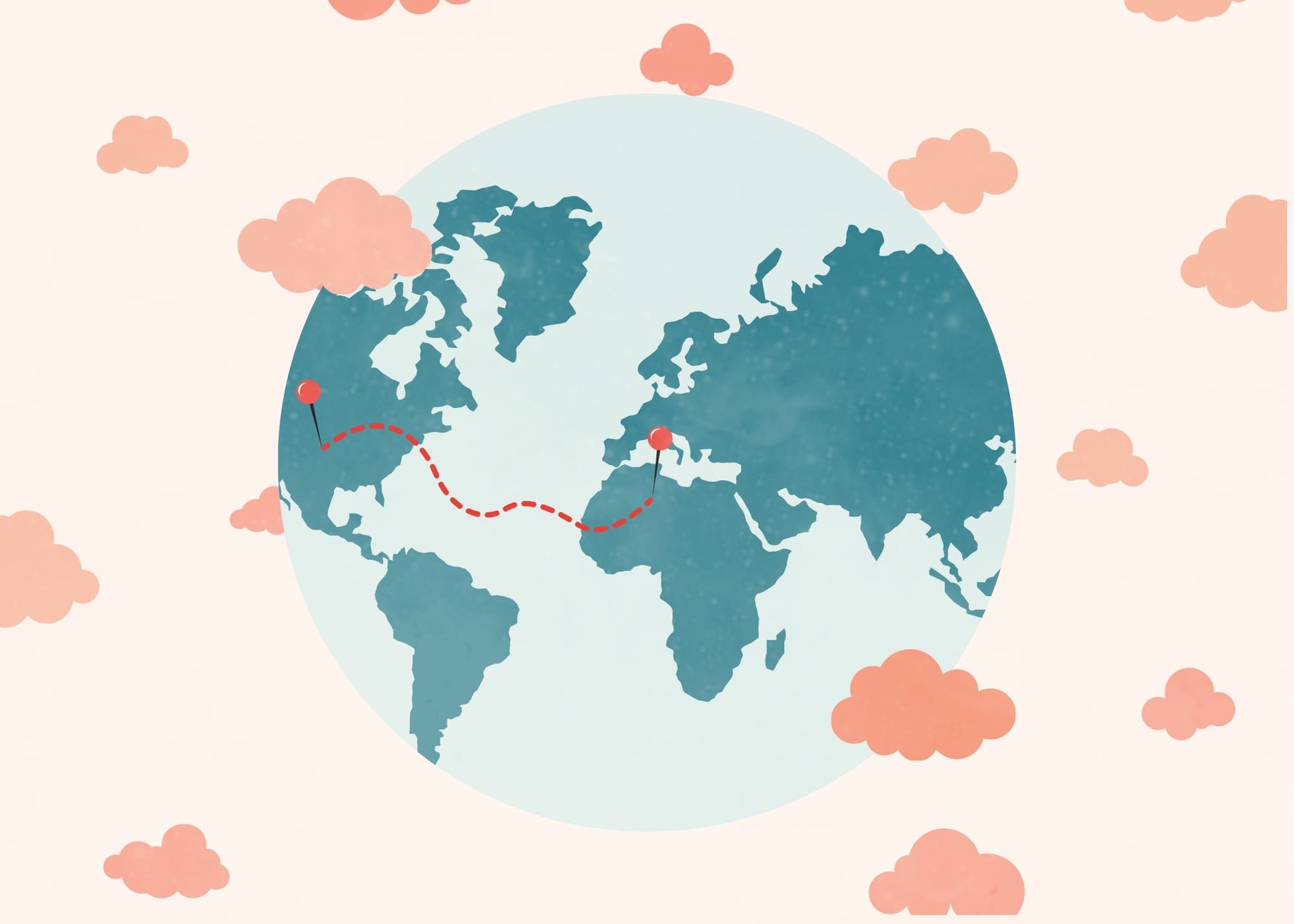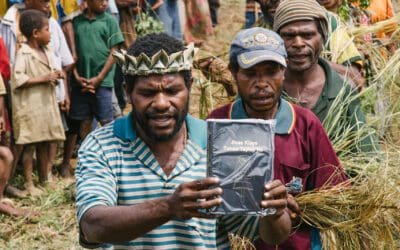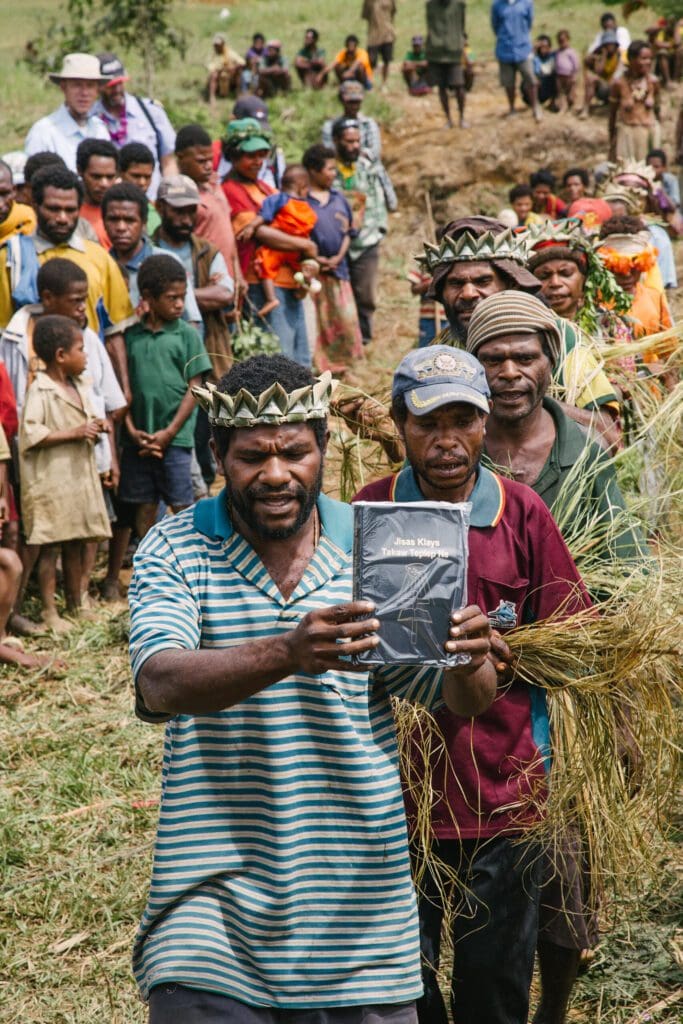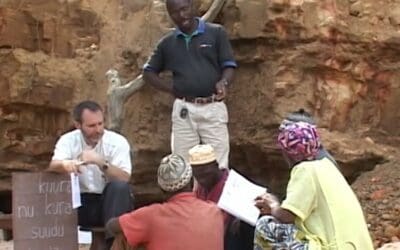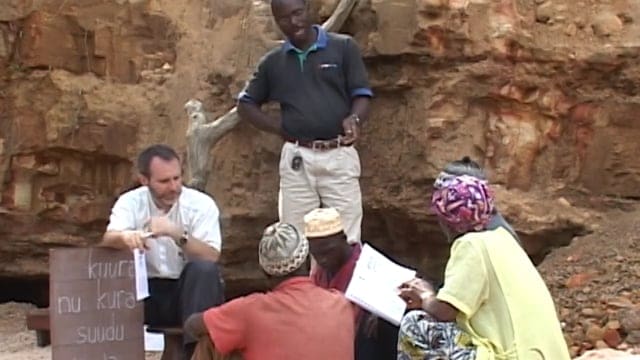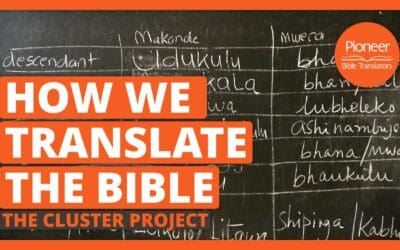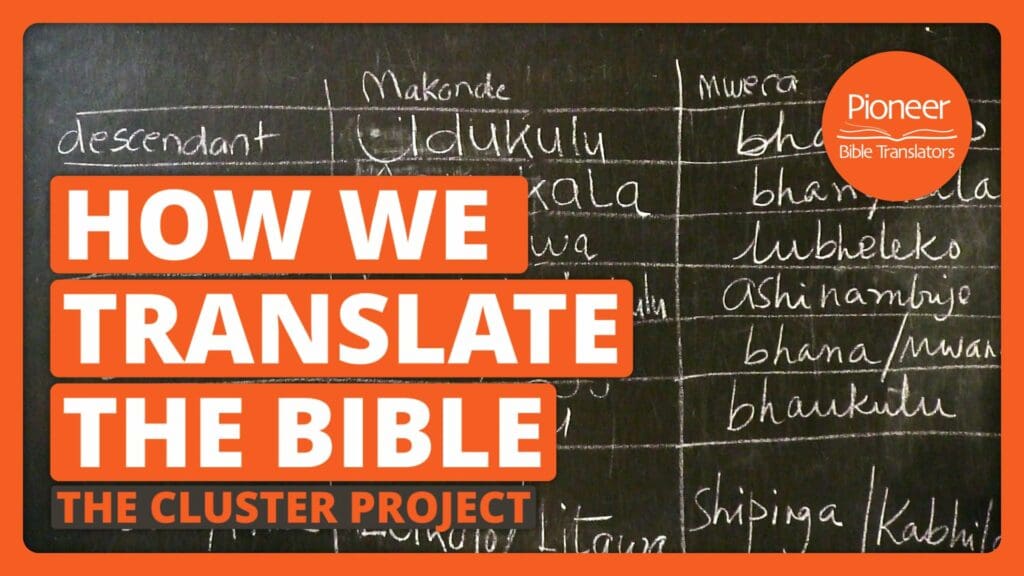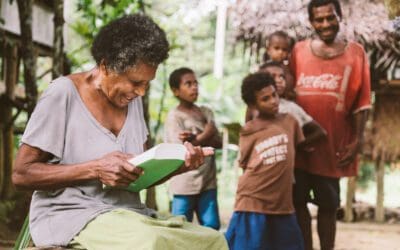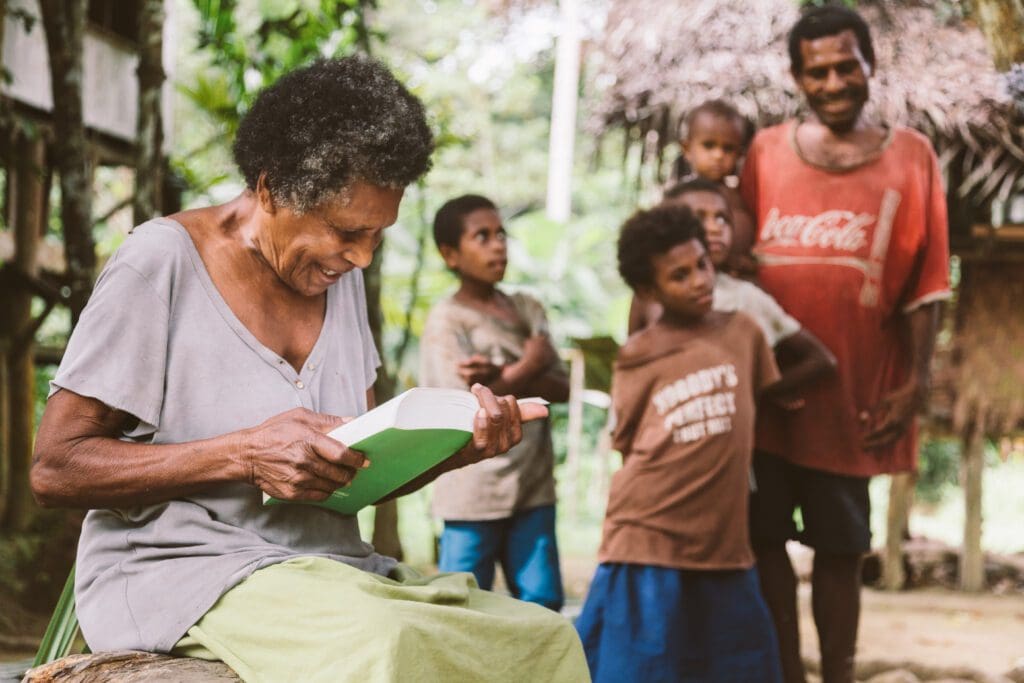“Can’t you do this from home?” my friend Cindy asked.
Cindy was my maid of honor when Malcolm and I got married. She and her husband have faithfully supported our ministry since our beginning with Pioneer Bible Translators some 30 years ago. Her inquiry came from a place of love. She is no stranger to the struggles I’ve experienced while living in our overseas home. My body often asks the same question, especially when my heat rash gets too bad — or the mold, depending on the season.
Cindy’s cousin Dale and his wife Kimi had completed their Bible translation project while living in the U.S. rather than staying on the field the entire time. Couldn’t Malcolm and I do the same?
This question has no simple answer.
Every translation situation is different.
Every translation situation is different, always impacted by the context of the people group involved. Where do they live? Is it politically stable there? Does the Church exist there? Do very many people from this group live outside of their homeland?
The circumstances of the national translation team are also a significant consideration. Access to technology is crucial to their ongoing progress when the missionary who facilitates their work lives offsite. Their religious background, education, and level of translation experience also play into the equation.
These circumstances were a key factor distinguishing our Bakaba team from Dale and Kimi’s Dasama team. The differences between the two teams were vast. They formed the heart of my response to Cindy’s question.
The Dasama team
First we talked about Dale and Kimi’s experience with the Dasama team.
From the 1960s, Dasama Pastor Steven had a vision of seeing the Bible translated into his language. He took action and began translating on his own. Some time later a mission group brought in a linguist to serve alongside Steven and his co-translator. Dale and Kimi arrived in the mid-90s, stepping into a situation that already had two biblically trained, experienced national translators.
In the ensuing years, these two men were followed by Pastor Isaiah and a Dasama Christian named Douglas, who still work with the Dasama project promoting literacy and the use of the Dasama Bible.
When Dale and Kimi needed to leave their overseas home, they had worked side-by-side with Pastor Isaiah for 12 years. He was entirely comfortable using his laptop and the Paratext translation software, only occasionally encountering a problem he couldn’t figure out. Isaiah lived in a city with reliable electricity and internet service. Even before switching to Zoom during Covid, Isaiah and Douglas worked with Dale and Kimi electronically.
The team also had a well-functioning translation revision committee to handle comprehension checking, a step that helps ensure the integrity and clarity of each translated text. Quality comprehension checking reveals places where word choices need to be reviewed because the current ones create misunderstandings.
All this made it possible for Dale and Kimi to continue their part of the Dasama translation work by long distance.
The Bakaba team
Next I explained to Cindy our situation with the Bakaba. Like Dale and Kimi, we arrived in the mid-90’s. Unlike Dale and Kimi, we started from scratch with a man named Mouctar.
Mouctar became the first Bakaba translator. He is sharp. He has a high school diploma and completed one year of university in a neighboring country before he got sick and had to return home. His year at the university places him in the top 4% of educated men among his people group. More significantly for the Bakaba translation, during that year he learned enough linguistics to be able to explain the noun class system in his language. (That was a Godsend. Instead of two classes — masculine and feminine — the Bakaba language has 13.)
However, Mouctar follows the dominant religion of his region. When he started his work as a translator, he had no biblical knowledge base. For example, when he heard “house of David,” he understandably assumed it meant David’s physical lodging rather than his lineage. And he had zero translation experience before he began working with Malcolm and me.
In addition to Mouctar, God blessed the team with two other translators, Lamine and Richard, who are both younger than Mouctar. Lamine shares Mouctar’s religion and has attended high school. Richard, a university graduate, is a practicing Catholic who had never studied the Bible before he began working with Malcolm.
Mouctar was in his early 40s and already working as a translator before he touched a computer for the first time. He was sure he was going to blow it up! He lives in a village setting where electricity is available only sporadically. When it is available, it comes in anywhere from 60 to 240 volts instead of a steady 220 volt stream that is his country’s standard. When the voltage is too low, it can’t charge the batteries for his small solar backup system. Thankfully, his computer hasn’t ever gotten fried by a power surge. Dust and mold have destroyed at least one of his electronic devices. He is unable to get on a Zoom call by himself. Like me, he relies on his kids to help him with technology.
Lamine and Richard are tech savvy and have no problems getting onto Zoom calls or troubleshooting most of their computer problems, but they live in a village without electricity. Lamine has a small solar power system in his house which he maintains well. However, during the rainy season there isn’t enough sunshine to keep the batteries charged. Solar power must be supplemented by generator power. Fuel costs money, which he doesn’t always have. This lack of dependable electricity translates into a greatly diminished access to technology for the Bakaba translators.
Neither the dominant religion nor the education system in our host country teach their people to ask questions or critique others’ work. Education here is based on rote memorization rather than the development of critical thinking and problem solving skills. Yet questioning is crucial to the translation process, especially during the comprehension checking process. Knowing whether or not local villagers can understand a translated text depends upon the team’s ability to ask good comprehension questions.
Our teammate Linda has been teaching Lamine and Richard how to write such questions. But they are still learning. When Malcolm did comprehension checking, he would write multiple questions for each verse and come back with 10-13 pages of notes that pointed to places where the translated text needed additional work. For their first solo comprehension checking session, Lamine and Richard came up with only five questions for a full chapter and returned with just one page of notes. For the immediate future, Malcolm will need to heavily supplement the questions Lamine and Richard write as Linda continues helping them hone this essential skill.
So … you can’t do this from home? Not ever?
Cindy could now see the significant differences between the Dasama and Bakaba projects. Basically, while Dale and Kimi were able to focus on checking the Dasama translation drafts for biblical accuracy and managing aspects of the project, Malcom and I are still dealing with more basic concerns like translator training and electricity. Cindy now understands when I tell her that no, we cannot do this from home ― not yet.
She brightens, though, when I tell her that we intend to begin working remotely in a few years. Our plan is to relocate to the U.S. when Malcolm turns 65 and continue working on the Old Testament translation from our home here. But we still need time on site to promote a smooth transition. Malcolm’s replacement Marion has arrived and is living in a Bakaba village and learning their language. As her speaking ability improves, she can increasingly shadow Malcolm.
The Bakaba team is gaining momentum.
Thanks to the instruction Linda gives via Zoom, Lamine and Richard’s skills are becoming more sophisticated. A planned upgrade to the solar power system in the translation office should provide steady power to keep computers and the Paratext translation program running smoothly. All this takes time. Momentum is building for Malcolm to pass the baton for working on site to Marion. The Bakaba team is getting there, but we’ve still got a ways to go.
My dearest Cindy, thanks for asking. I’ll be back home again soon!
